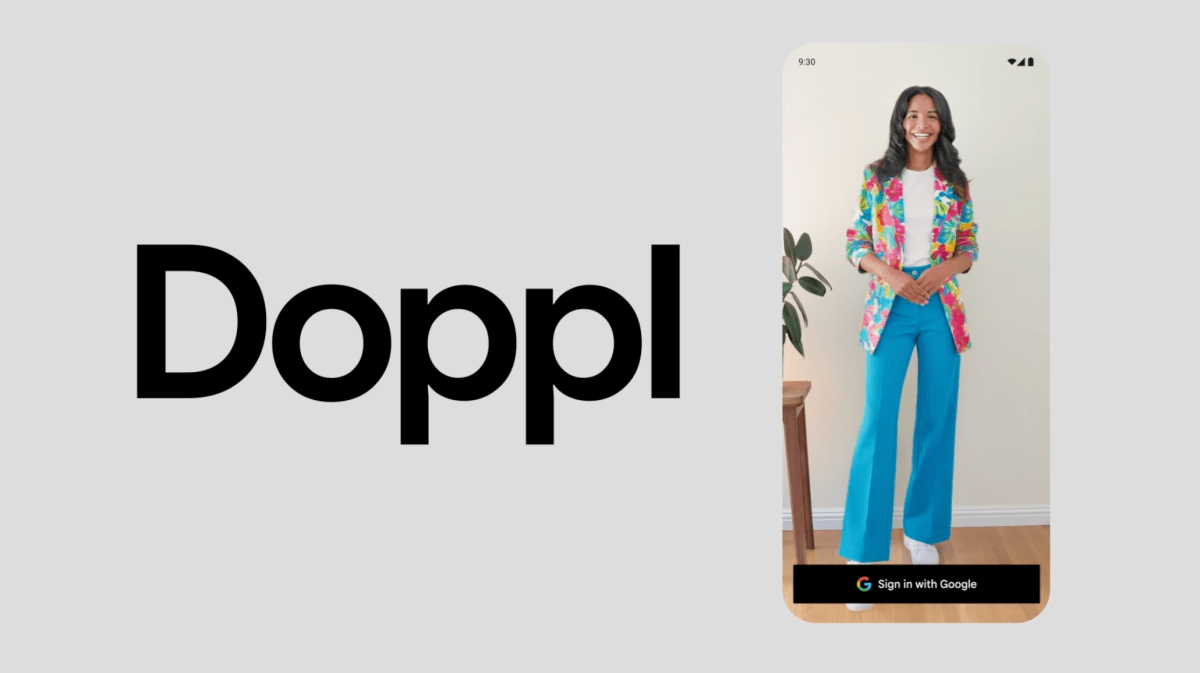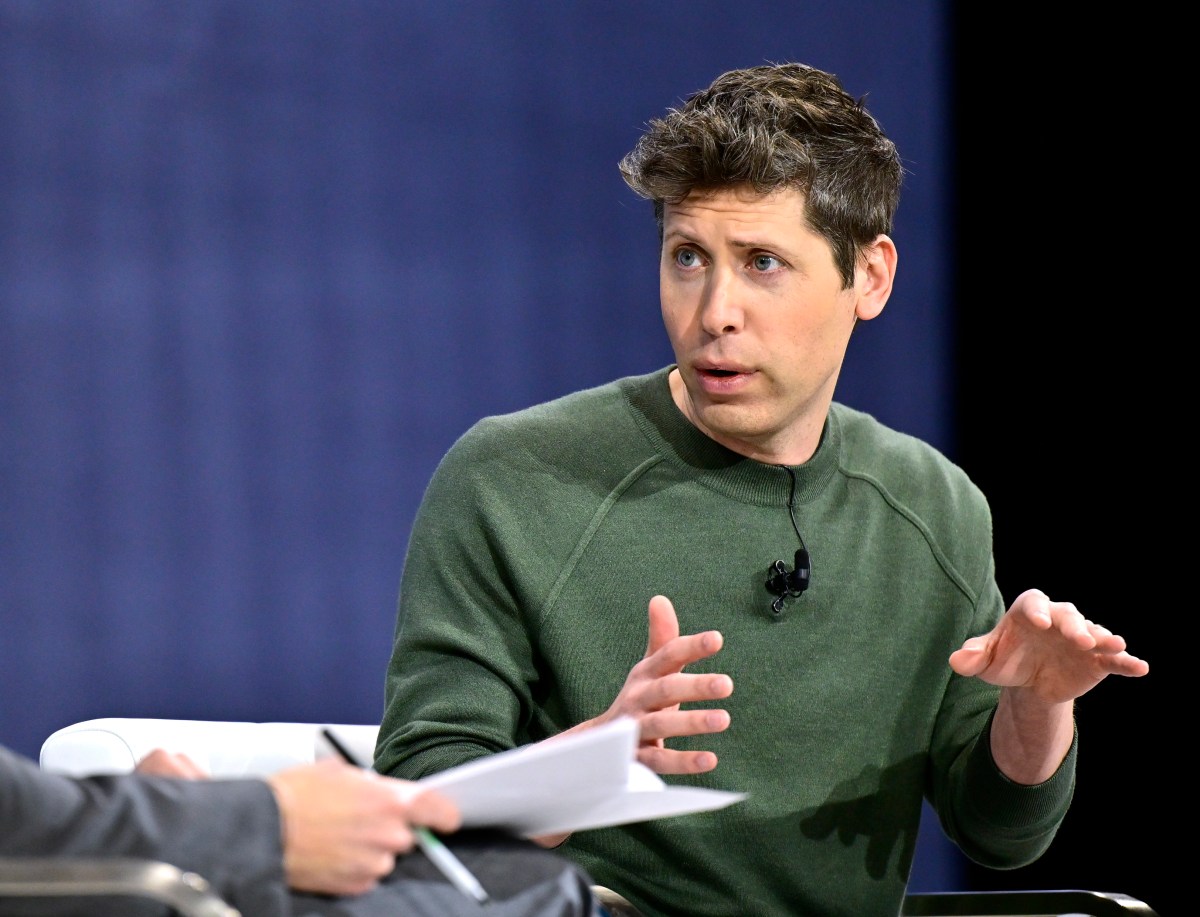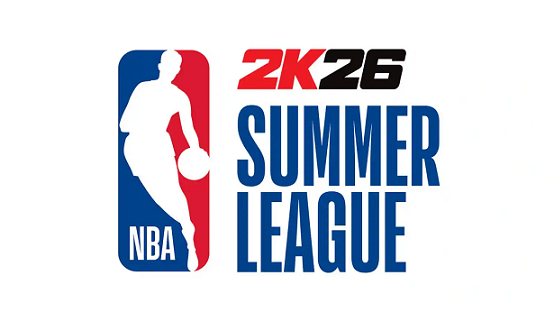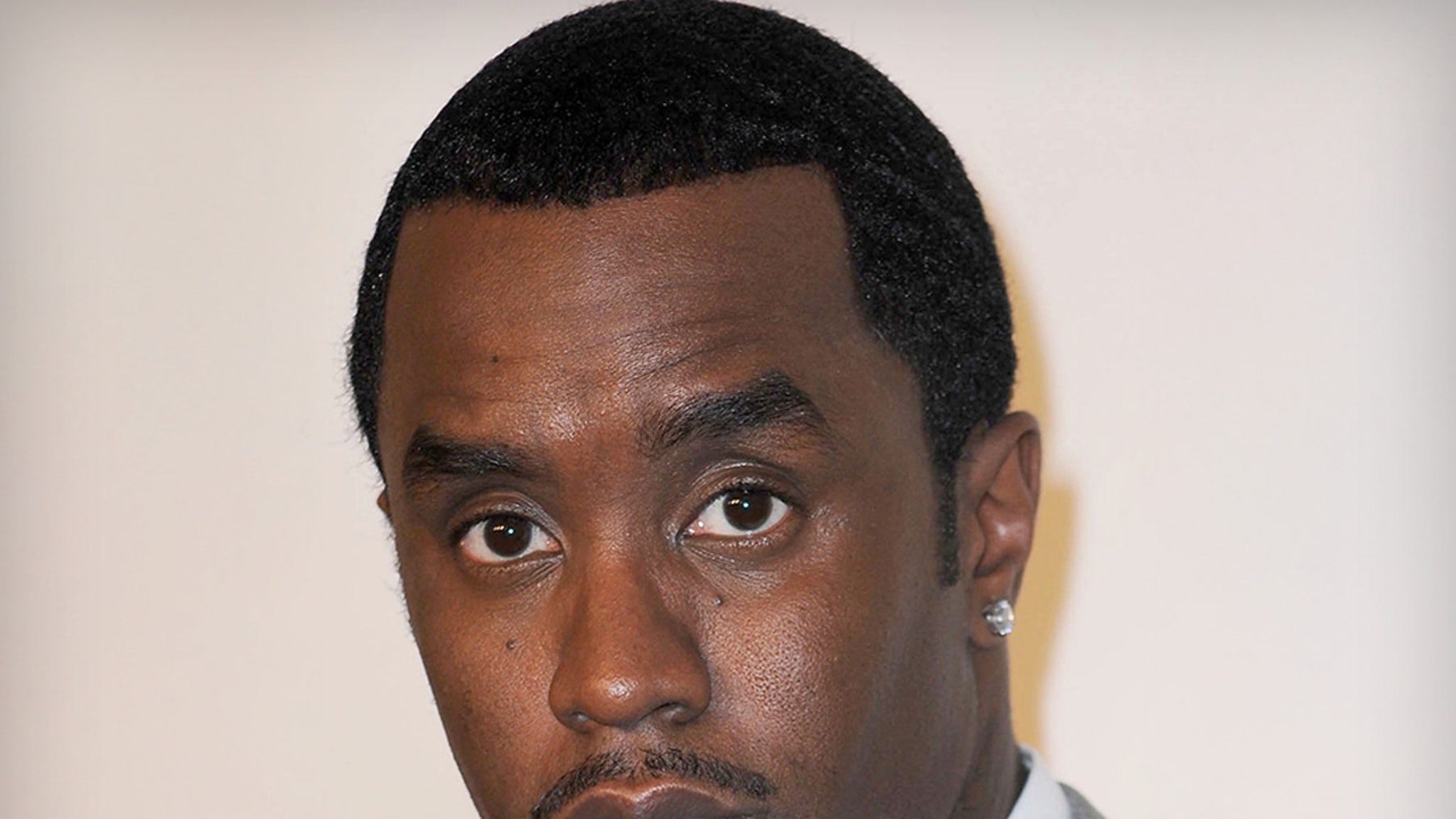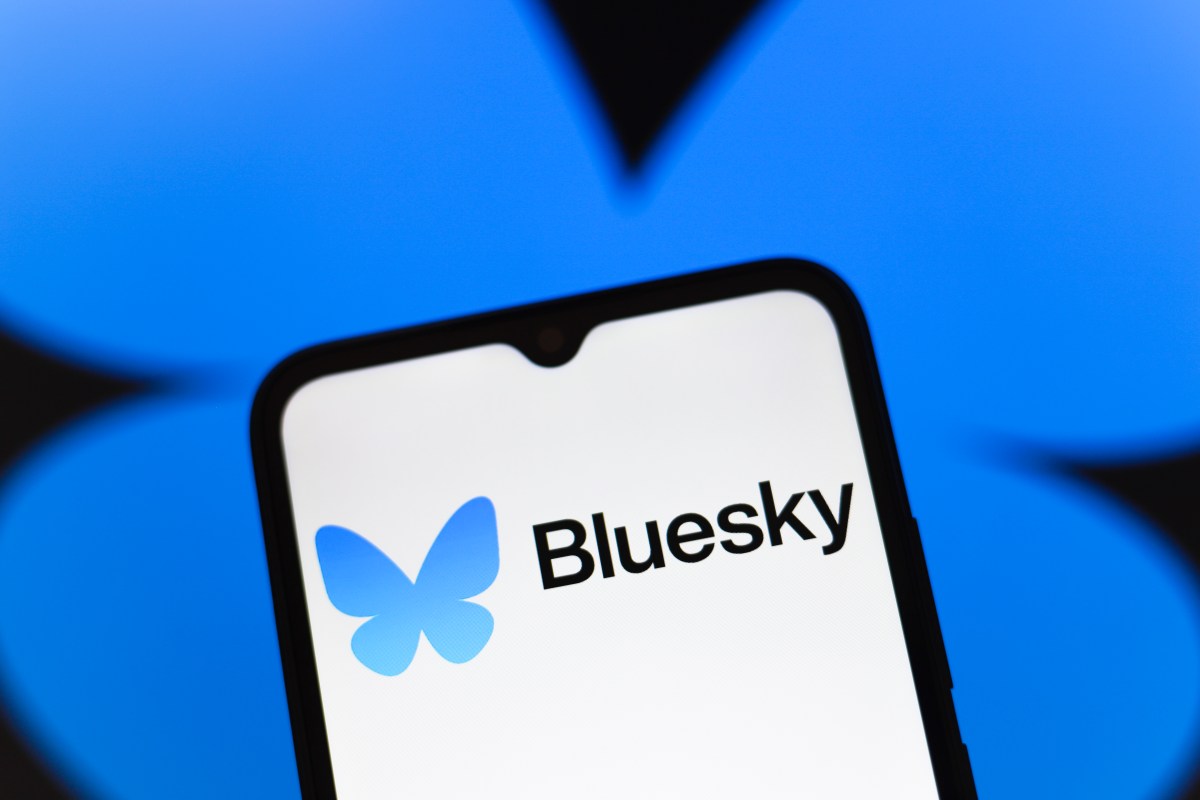
Bluesky on Thursday quietly opened the doors to those who want to become verified on its social networking service. In a post published by the Bluesky Safety account, the company announced that “notable and authentic” accounts can now apply for verification through a new online form.
Plus, organizations can request to become a Trusted Verifier to receive access to the tools that allow them to verify others. Bluesky began testing this feature last month with a small handful of organizations, including The New York Times, Wired, and The Athletic.
For some on Bluesky, the blue verification badge is not a welcome addition as it reminds them of the clout-chasing that took place on Twitter (now X). For Twitter users, verification became a sought-after status symbol before devolving into a paid subscriber perk under current owner Elon Musk. It represented a two-tier system where some people were deemed more important or notable than others.
However, Bluesky’s approach to verification leans on other systems beyond the blue badge. In addition to farming out verification to other Trusted Verifiers beyond the company itself, users can also self-verify by setting a domain as their username — like NPR has done with its account @npr.org. To date, over 270,000 accounts have already adopted domain-based verification.

What’s less clear is how Bluesky will vet the applications from those requesting verification.
The company’s online form lists some basic requirements, like accounts that have to be active, complete (bio filled out, profile photo, etc.), and secure. They also have to represent a “real person, registered business, organization, or legitimate entity,” and link to any official website if one exists.
However, when it comes to who or what’s deemed notable, the criteria is less straightforward.
Bluesky says that notable accounts must be notable within their “field and geographic region,” and that the company will take into account various indicators of notability, like “professional recognition, media coverage in established publications, presence on credible reference platforms, or other evidence of public interest.” There may be other specific notability requirements related to specific verification categories, as well, but Bluesky doesn’t document what those are.
“We consider the overall context and public interest value of each account,” the form reads. “Please provide links and evidence that can help us ensure that your account meets notability criteria.”
The company says that it won’t respond to users unless their account is selected for verification, which means someone has to scan the inbound requests to make sure no celebs or other famous figures slip through the cracks.
The introduction of verification could have an impact on Bluesky’s culture, which, so far, has differentiated itself from social networks like Twitter/X and Threads that elevated some users over others. It’s possible the announcement would have been better received if it arrived after it established a wider network of Trusted Verifiers — organizations independent from Bluesky. That would more directly telegraph Bluesky’s goals of not being a centralized authority.
Elsewhere in the ecosystem, a forked version of Bluesky called Deer.Social has approached verification in a more democratic way — it lets anyone select who they trust as a verifier. They can then see the accounts that the trusted verifier has also verified across the network. This way, everyone can verify others or be verified themselves, without the need for a central authority. In other words, those who don’t care for Bluesky’s version of verification already have another choice.


